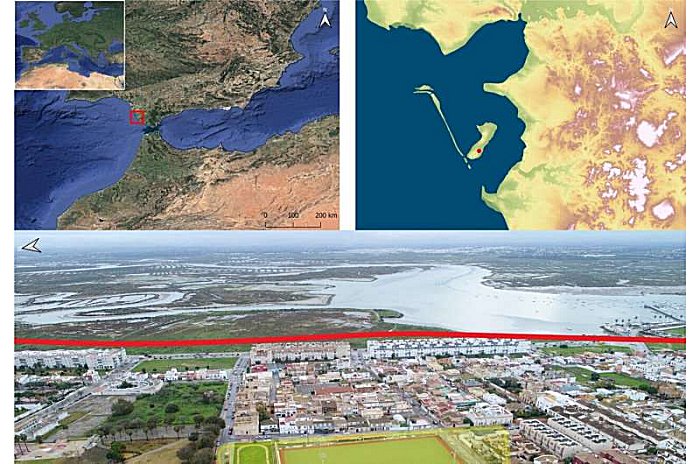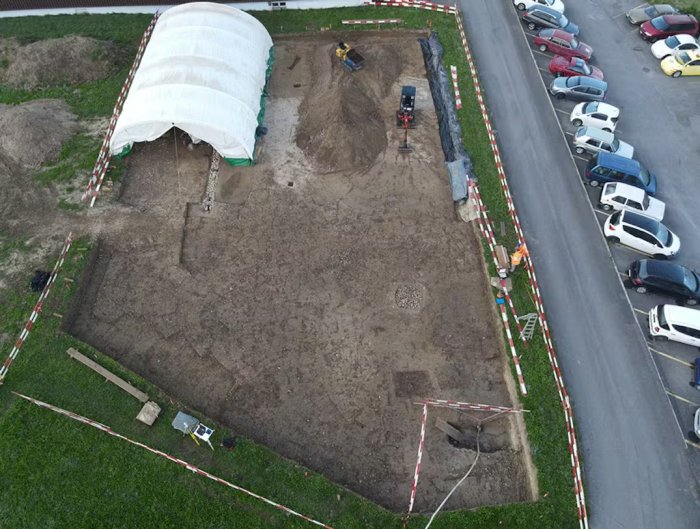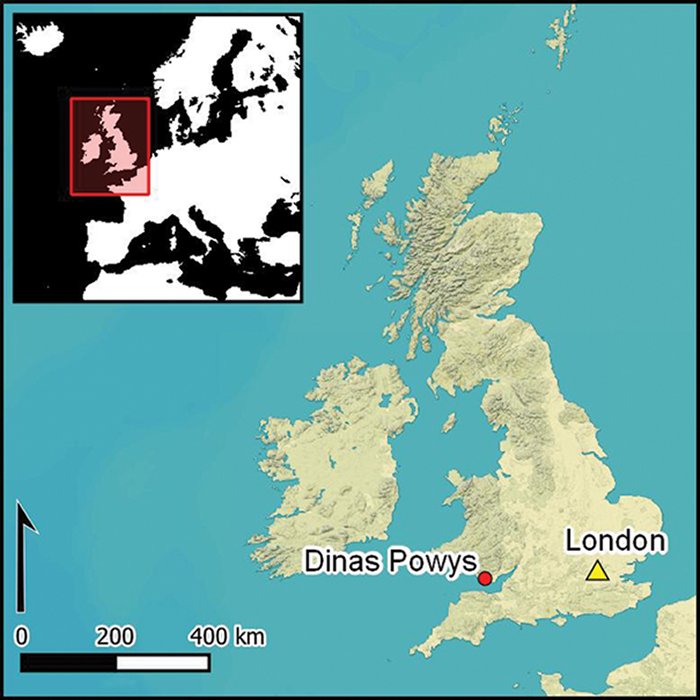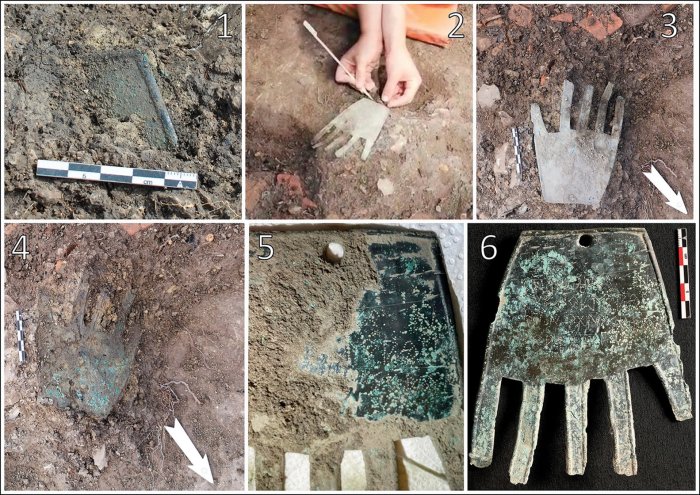Conny Waters – AncientPages.com – Fire has played an important role in human life since the dawn of history.
Researchers at Heriot-Watt University in Scotland have found that early humans in Europe were making and controlling fire at least 50,000 years earlier than previously thought.
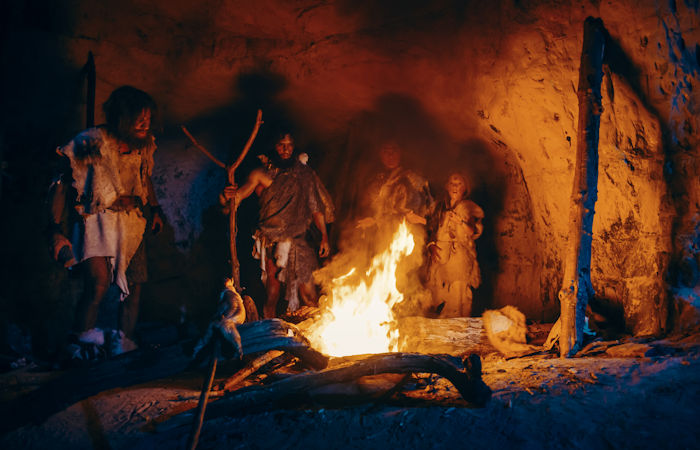
Credit: Adobe Stock – Gorodenkoff
In a paper published in the journal, Scientific Reports, the scientists set out evidence that our ancestors in Europe were using fires for activities like cooking, heating and defense at least 250,000 years ago. Previous evidence had suggested humans were managing fire in Europe much later than this, around 200,000 years ago.
Using forensic chemical methods to identify molecules of incomplete burning, the research team at Heriot-Watt’s School of Energy, Geoscience, Infrastructure and Society detected fire at Valdocarros II, an archaeological site near Madrid in Spain.
Dr. Clayton Magill, an ᴀssistant Professor at Heriot-Watt who specializes in using geochemistry to reconstruct ancient environmental conditions, led the project in collaboration with Spanish archaeologists Susana Rubio-Jara and Joaquín Panera of Complutense University of Madrid. Geochemistry involves studying the chemical composition of the earth and its rocks and minerals.
Dr. Magill said, “We have found definitive evidence of things being burnt and those remains are organized into a pattern, suggesting it’s humans who are making and controlling the fire. Either they were using the fire to cook or to defend themselves. The spatial patterning in the fire tells us that they were encircling something, like a home or sleeping area, a living room or kitchen, or an enclosure for animals.”
The chemical profiles of the charred remains also suggest our human ancestors chose certain types of firewood for its burning properties, such as heat and lack of smoke.
The findings are “very exciting” and close a gap in our understanding of human-controlled fire and human development, Dr. Magill said.
“This is important because our species is defined by our use of fire,” Dr. Magill said. “Being able to cook food to feed our big brains is one of the things that made us so successful in an evolutionary sense. Fire also brings protection and fosters communication and family connection. And we now have definitive, incontrovertible evidence that humans were starting and stopping fires in Europe about 50,000 years earlier than we suspected.”
Chemical analysis is a more reliable way of confirming fire than analyzing remains in archaeological hearths, which can be eroded by weather conditions or the extraction process, Dr. Magill added.
In the next phase of the project, the research team will study stone tools found near fire hearths to identify whether these were used in particular ways around the making and controlling of fire—for example, to cut meat or pulverize plants.
“We want to understand whether the selective or specialized use of tools is something that should go at least theoretically hand-in-hand with fire control,” said Dr. Magill, who is also ᴀssistant Professor in Geoenergy at the Lyell Centre for Earth and Marine Sciences, one of Heriot-Watt’s Global Research Insтιтutes.
Archaeologists Susana Rubio-Jara and Joaquín Panera gave the Heriot-Watt team access to highly regulated and rare samples from the Valdocarros II site, and worked with former Heriot-Watt Ph.D. student Lavinia M. Stancampiano to collect samples with forensic-level cleanliness and attention to detail.
The other researchers in the project are David Uribelarrea del Val and Alfredo Pérez González, also from Complutense University of Madrid.
Globally, the oldest clear evidence of human-controlled fire is in East Africa about 1.5 million years ago and in Israel about 790,000 years ago. In Europe, countries including Hungary, France and Germany have been linked with previous evidence of fire.
Paper
Written by Conny Waters – AncientPages.com Staff Writer
